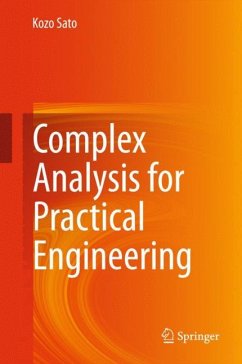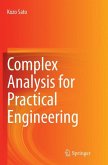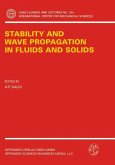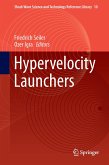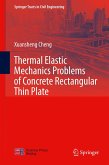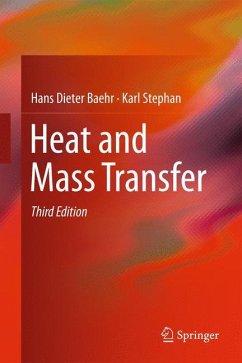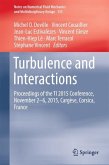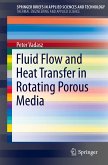Maximizing reader insights into the fundamentals of complex analysis, and providing complete instructions on how to construct and use mathematical tools to solve engineering problems in potential theory, this book covers complex analysis in the context of potential flow problems. The basic concepts and methodologies covered are easily extended to other problems of potential theory.
Featuring case studies and problems that aid readers understanding of the key topics and of their application to practical engineering problems, this book is suitable as a guide for engineering practitioners.
The complex analysis problems discussed in this book will prove useful in solving practical problems in a variety of engineering disciplines, including flow dynamics, electrostatics, heat conduction and gravity fields.
Featuring case studies and problems that aid readers understanding of the key topics and of their application to practical engineering problems, this book is suitable as a guide for engineering practitioners.
The complex analysis problems discussed in this book will prove useful in solving practical problems in a variety of engineering disciplines, including flow dynamics, electrostatics, heat conduction and gravity fields.

